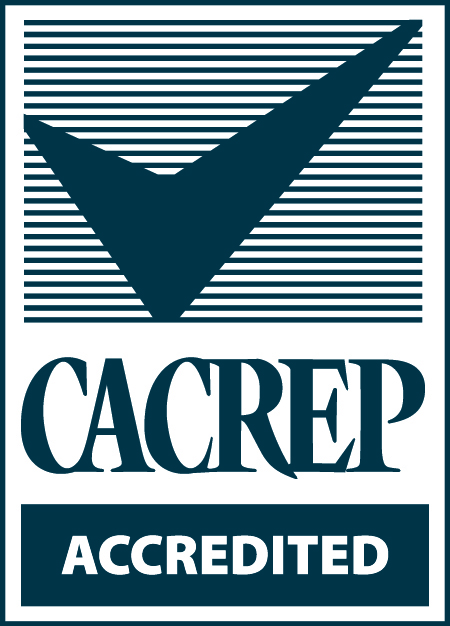About the Program
The Ph.D. in Education’s Counselor Education and Supervision concentration is a CACREP-accredited doctoral program and is a 60-credit hour program designed to prepare students for careers as counselor educators, counselor supervisors, researchers and leaders in the counseling profession.
Prerequisite courses include 60 hours of CACREP-accredited master’s counseling coursework (or curricular and clinical experiences equivalent to the CACREP entry level standards), and a master’s level statistics course (which can be taken during the doctoral program).

At a Glance
Degree Earned
Doctor of Philosophy (Ph.D.)
Credits: 60
Application Semesters and Deadlines
Fall: Jan. 15 (required interview in late January/early February)
Program Modality
In-person
Completion Time by Program Type
Full-time (9-15 credits): average completion in 3 years
Part-time (1-8 credits): average completion in 5 years
Mission Statement
The mission of the counselor education and supervision Ph.D. program is to prepare critically reflective counselor educators, counselor supervisors, scholars and leaders in the counseling profession. With a focus on leadership and advocacy, students graduate with knowledge and application of advanced counseling and crisis theories, supervision theories, pedagogical theories, research methodology and measurement skills, and program evaluation. Their professional identity as a professional counselor acts as a foundation in their development as a counselor educator and supervisor.
Program objectives
- Students will continue to gain multicultural competence and demonstrate this through advocacy and social justice.
- Students will learn and apply teaching theory and demonstrate this knowledge in professional teaching experiences.
- Students will learn and apply advanced counseling theories and demonstrate this knowledge and skills through professional counseling practice.
- Students will learn and apply supervision theories and demonstrate this knowledge and skills through professional supervision practice.
- Students will learn research methods and design and demonstrate this knowledge through application in supervised settings.
Prerequisites
- Coursework from a CACREP-accredited master’s program
- STAT 508 or equivalent
Core Counselor Education & Supervision Courses
- CLED 720 — Counselor Education Doctoral Seminar I
- CLED 721 — Counselor Education Doctoral Seminar II
- CLED 730 — Advanced Counseling Theories and Practicum
- CLED 740 — Counseling Supervision
- CLED 750 — Advanced Group Counseling
- CLED 770 — Advanced Leadership in Social Justice and Advocacy in Counselor Education
- EDUC 700/CLED 810 — Counselor Education Doctoral Internship in Supervision (3 credits)
- CLED 810 — Counselor Education Doctoral Internship in Teaching (3 credits)
- CLED 811 — Counselor Education Doctoral Internship in Research (3 credits)
Foundations Courses
- EDUS 702 — Foundations of Educational Research and Doctoral Scholarship I
- EDUS 703 — Foundations of Educational Research and Doctoral Scholarship II
Research Courses
- EDUS 608 — Educational Statistics
- EDUS 710 — Educational Research Design
- EDUS 711 — Qualitative Methods and Analysis
- Research electives (6 credits)
- EDUC 697/797 — Collaborative Research/Directed Research
Dissertation
- EDUS 890 — Dissertation Seminar
- EDUS 899 — Dissertation
Students start their program in the fall semester. There are full-time and part-time options, and students are encouraged to consult with their advisor to pick one of those scheduling options. The course scheduling options can be found in the 2025 VCU Counselor Education and Supervision Doctoral Program Handbook.